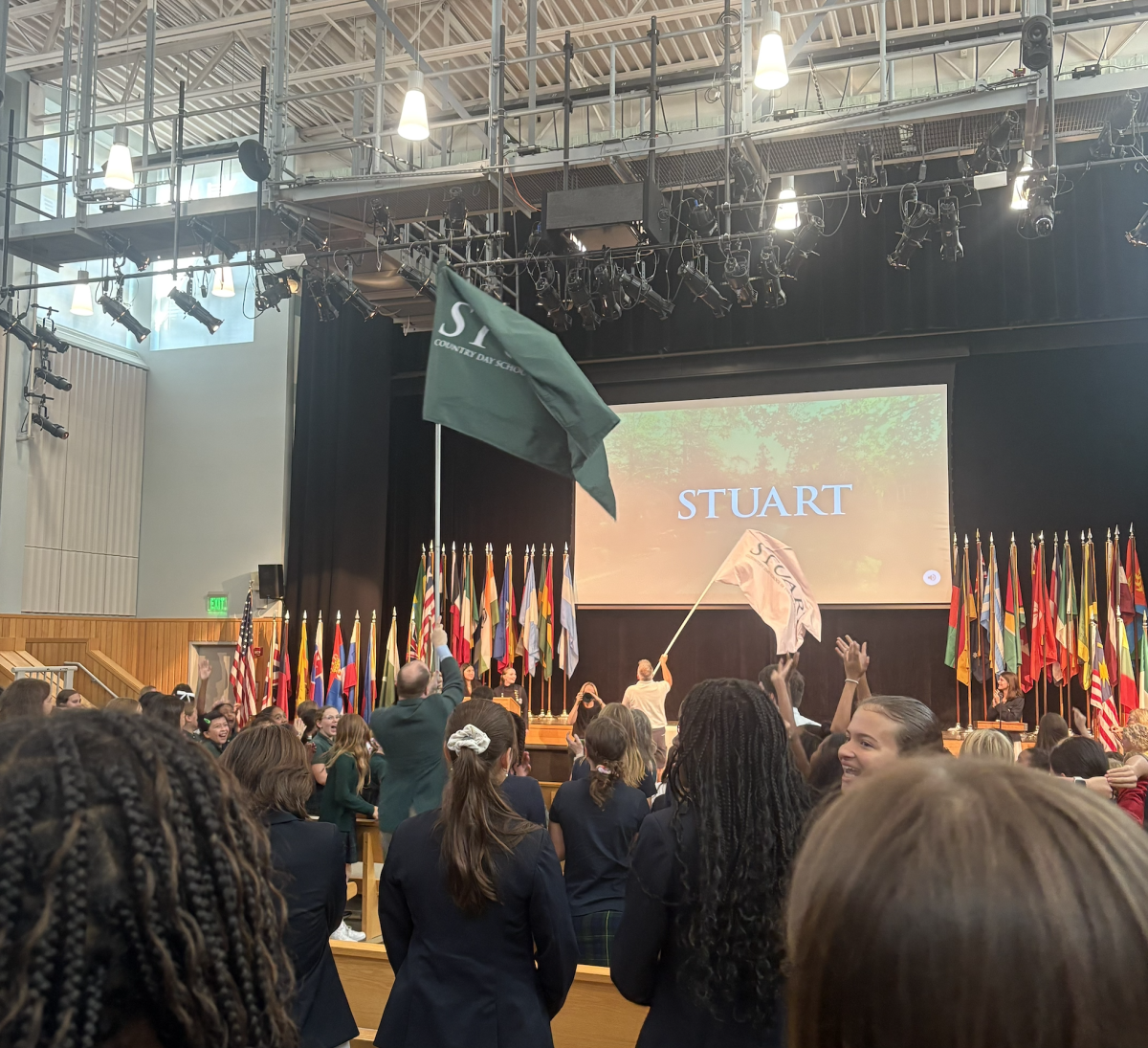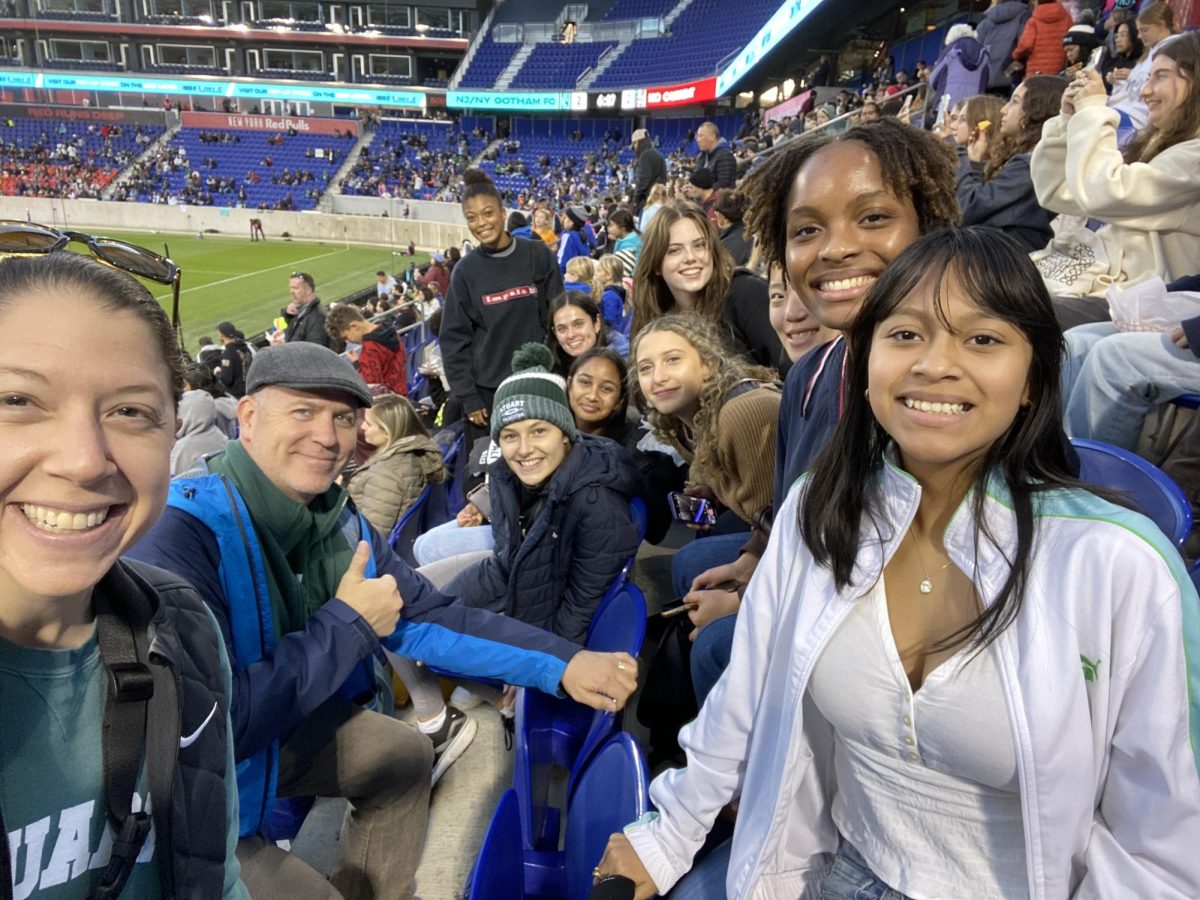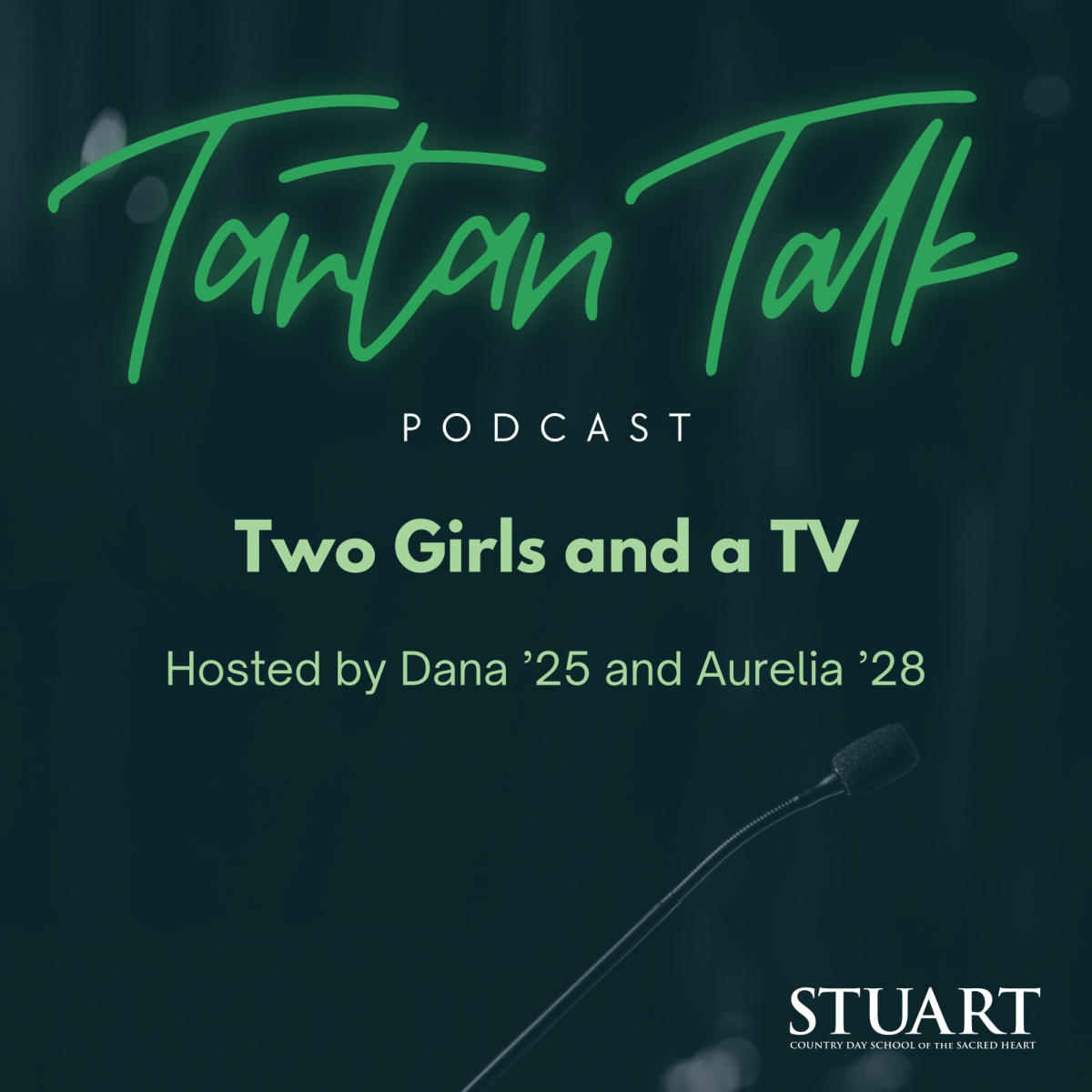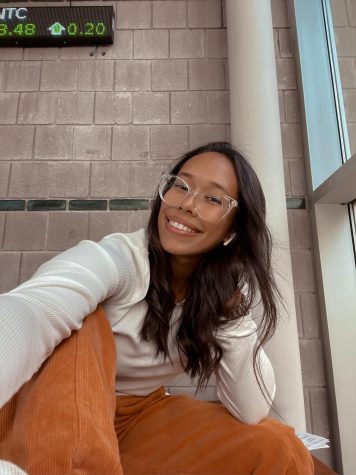From music critics to casual fans on social media, plenty of comparisons have been made between Olivia Rodrigo’s songs and those of Taylor Swift and Paramore. According to sources, Rodrigo allegedly gave a certain percentage of her profit, amounting to millions of dollars, to Taylor Swift and Hayley Williams after the accusation that Rodrigo did not give credit to both artists for using their work as inspiration. Over the last 12 months, Rodrigo has risen to significant fame, partially thanks to her album Sour, which earned multiple No. 1 singles, including her best-hit song “good 4 u.”
Fans noticed similarities between “good 4 u” and Paramore’s 2007 single “Misery Business.” This scandal went viral on Tik Tok, in the form of mashups, criticizing Rodrigo for not giving credit to her sources of inspiration. Rodrigo has since added Hayley Williams and Josh Farro (the other half of Paramore) to songwriting credits. According to reporting by Buzzfeed and Variety, they both will be getting 50% of “Good 4 u”‘s royalties.
This is not the first incident of its kind involving Rodrigo. Back in July, another one of Rodrigo’s hits, “Deja Vu,” amassed online attention for its similarity to Taylor Swift’s “Cruel Summer.” Rodrigo openly cited Swift as a source of inspiration, later adding songwriting credits for Swift — and Jack Antonoff and St. Vincent. The three writers credited on “Cruel Summer” all earned publishing royalties for “Deja Vu” as a result.
Cases like this have become more common in the music industry. In order to avoid trials and negative internet attention, many artists are giving away song credits, even if they aren’t necessarily deserved. Courts have decided that copyrights are when the artist has a certain combination of words, not rhythm, cords, or instruments. Therefore, the question here is, how exactly do we distinguish between plagiarism and inspiration? Based on Rodrigo’s experience, inspiration still requires credit.



























along_22 • Nov 16, 2021 at 1:19 pm
Yay Gaby!!!